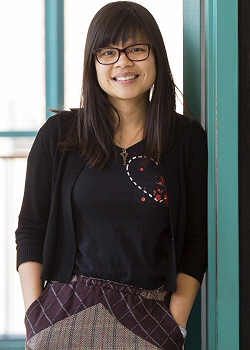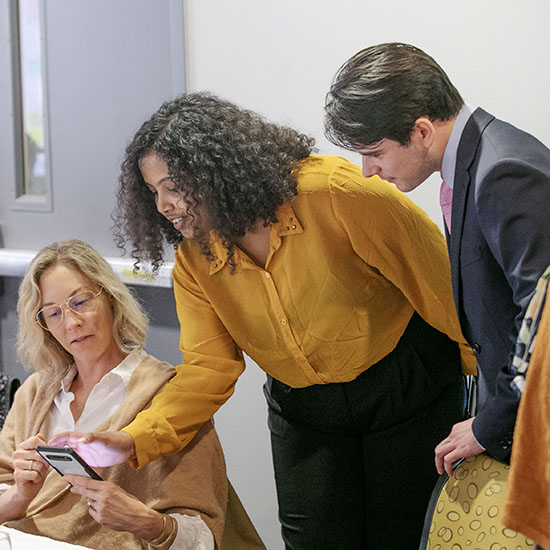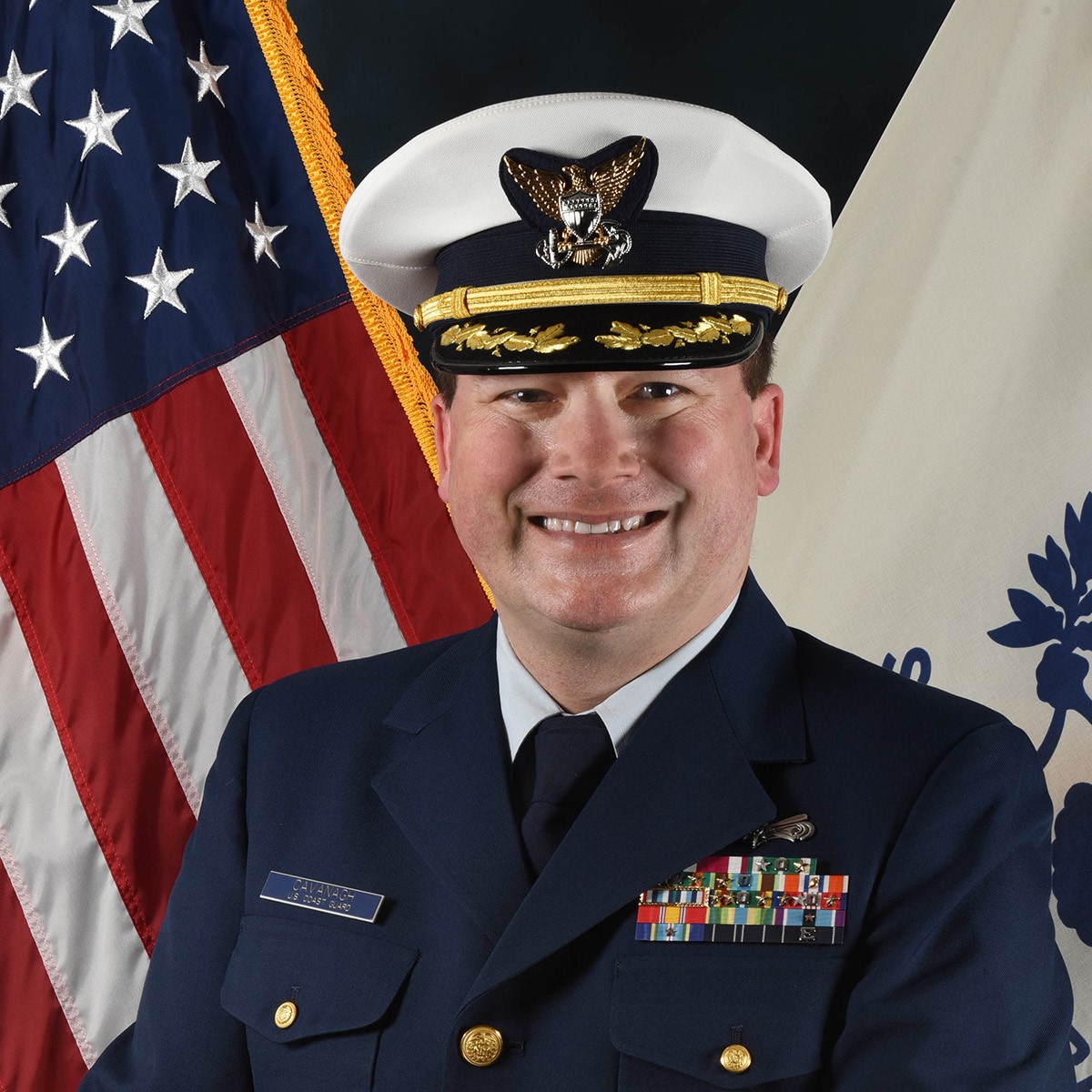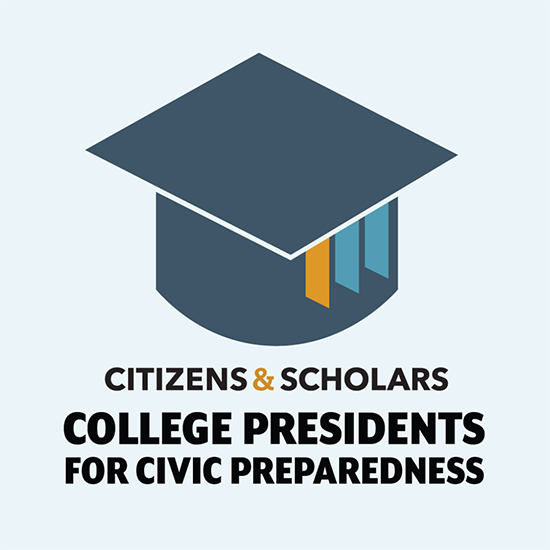Science, speech, and music
Even the newest brain scans haven't resolved the debate about which neural pathways
process music and speech. Imaging has shown some overlap in the brain regions activated
when subjects listen to music or spoken words. But which music and which words? And
in which brains? Faced with such a complicated experimental enterprise, Skidmore neuroscientist Dominique Vuvan devised some strategies that earned her a $20,000 grant from the Grammy Museum Grant
Program. Her results could help guide the development of music therapy for language
disorders in conditions from autism to dementia to stroke.
Vuvan's study, "An Individual-Differences Approach to Speech-Music Overlap in the
Brain," aims to assess the degree to which music and speech share neural resources.
First she and her students will test their research participants to identify those
who are more lyric-focused or more melody-focused perceivers. Herself a musician who
has played a variety of instruments, Vuvan explains, "I'm embarrassingly terrible
at remembering lyrics to songs, but I pick up melodies and harmonies super-easily.
Many of my friends are great at remembering lyrics but not as good with melodies."
She designed her study to make use of these different perceptual strengths and weaknesses.
Her lab will divide the participants by their musical or verbal leanings and then
scan their brains with functional magnetic resonance imaging while they listen to
identical spoken phrases, instrumental melodies, and sung melodies. She explains,
"While fMRI typically highlights focused areas of neural activation, we will use a
special analysis technique that is highly sensitive to complex and widely distributed
patterns of brain activation, to help us clarify which brain areas are shared by both
music and speech."
She finds one of the most rewarding aspects of lab research is "the first part of
experimental design, when you're starting to convert an idea from the 'twinkle in
your eye' stage to an actual experiment." But she plans to involve students "at all
stages of the project," she says, "including data collection here at Skidmore, brain
scanning up in Montreal, data analysis, and writing."
Vuvan holds a Ph.D. from the University of Toronto and has earned research grants
from Canadian science and health agencies. She remains affiliated with the International
Laboratory for Brain, Music, and Sound Research in Montreal, one of whose research
fellows will collaborate on the project with her.
Skidmore was one of 14 organizations to earn Grammy funding, including Yale University,
the Sundance Institute, and Berklee College of Music.



